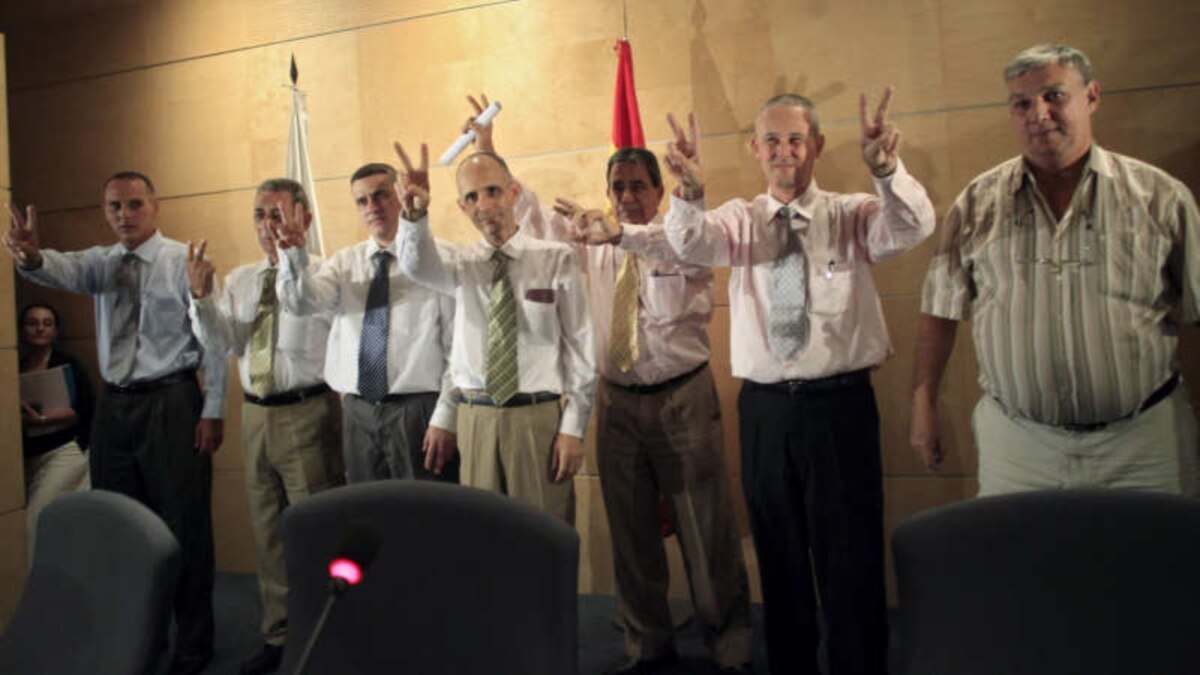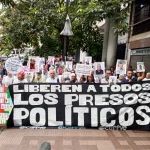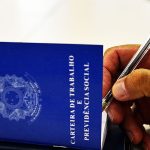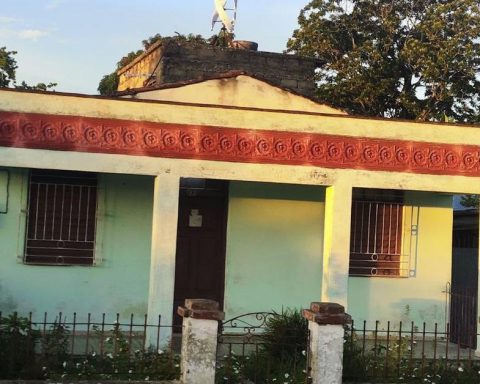The Liberation this Thursday of 222 political prisoners Nicaraguans and the transfer of a large part of them to the United States —one of the largest prisoner release and transfer operations in recent years in Latin America— is reminiscent of the release in Cuba of more than fifty detainees during the so-called “Spring Black” more than 13 years ago.
The communist island, one of Managua’s strongest allies, also surprised the world in 2010 by announcing the release of 52 of the 75 political prisoners detained during the so-called “Black Spring” of 2003, one of the darkest periods for dissent. on the island.
The release was the most important since the release of 299 prisoners due to the visit of Pope John Paul II to the island in 1998, and was produced thanks to an unprecedented negotiation between the Cuban government and the high hierarchy of the Catholic Church on the island. with the support of Spain.
The prisoners of the “Black Spring” were accused by Havana of working at the service of Washington to “destabilize the country”, a claim that has been repeated by the administration of Daniel Ortega, which accuses those released this Thursday of “inciting violence , terrorism and economic destabilization” of the country, according to the official position of Managua.
Like the government of President Joe Biden, which arranged for the immediate transfer to US soil of a large number of former Nicaraguan prisoners immediately after their release on Thursday, the Spanish government made arrangements in 2010 for the trip to exile in Europe for the Cubans.
The imprisonment of the 75 Cuban opponents, considered prisoners of conscience by various human rights organizations, provoked strong criticism from the international community and further froze Cuba’s fragile relationship with both the European Union and the United States. Havana was isolated in the world diplomatic arena.
The amnesty in 2010 was agreed between the then President Raúl Castro, Fidel Castro’s younger brother, and the highest Catholic authority in Cuba, Cardinal Jaime Ortega, with the support of Spanish Foreign Minister Miguel Ángel Moratinos, relaxed the island’s tensions with Europe and even with its staunch enemy, the United States, which welcomed the decision.
Although not all of the 75 members of the “black spring” decided to leave Cuba, those who did took dozens of relatives with them, in what would later be considered by experts as one of the largest exiles of political prisoners to Spain in recent history. .
The last release of this group took place in March 2011, with the release of the last two dissidents arrested during the events of 2003.
Exchange of prisoners from the Bay of Pigs and the five spies of the Wasp Network
Other releases and exchanges of prisoners that stand out in the last 60 years of complex history in Cuba were the sending to the United States of more than 1,100 anti-Castro prisoners, captured during the failed Bay of Pigs invasion in 1961, and the notorious exchange in 2014 of the American Alan Gross for the five Cuban spies from the Wasp Network who were imprisoned in the US.
The Bay of Pigs prisoners were sent to US territory between April and December 1962 in exchange for food and medicine, in a negotiation between Fidel Castro and the John F. Kennedy administration.
The exchange of the five spies from the Wasp Network, which was operating to collect information in Florida for Havana, for the American engineer Alan Gross, imprisoned in Cuban jails, was the first step in the historic “thaw” between the governments of former presidents Raúl Castro. and Barack Obama.
Connect with the Voice of America! Subscribe to our channel Youtube and activate notifications, or follow us on social networks: Facebook, Twitter and instagram the Voice of America!

















